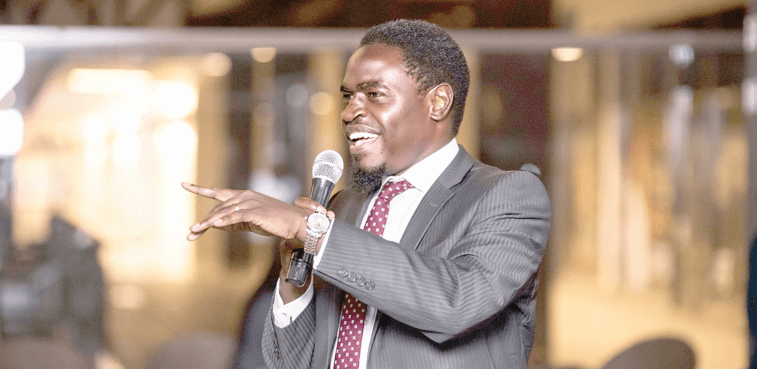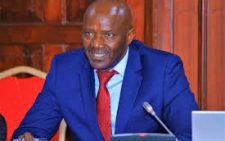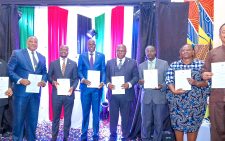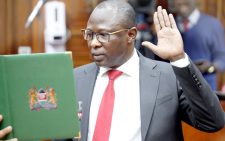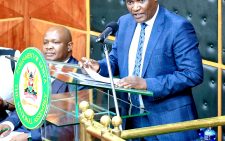Every Article of 2010 Constitution can be amended, Orengo argues
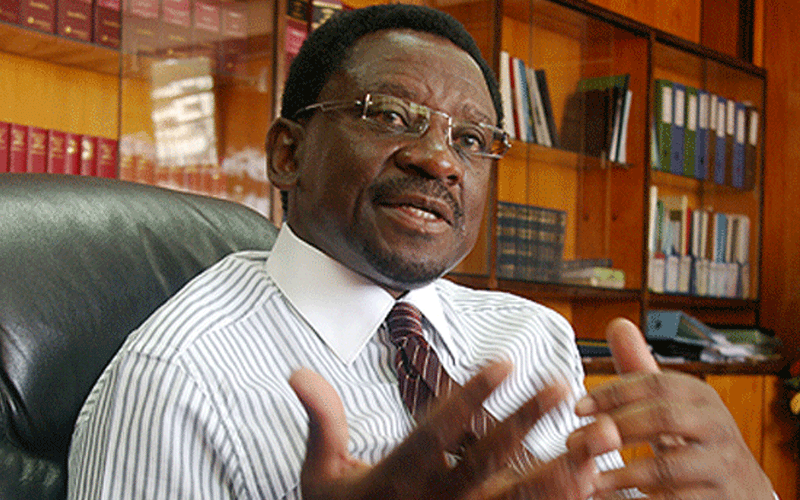
Bernice Mbugua @BerniceMuhindi
Lawyers representing ODM leader Raila Odinga and the Building Bridges Initiative (BBI) Secretariat yesterday defended the process of drafting the Constitution of Kenya (Amendment) Bill 2020.
Senior Counsel James Orengo and lawyer Paul Mwangi told the seven-judge Court of Appeal Bench that the argument that certain clauses in the Constitution could not be amended, otherwise known as the “basic structure doctrine”, did not apply in the Kenyan case.
Orengo (pictured) argued that every article in the Constitution could be amended so long as it is done within the law and procedures.
“The court had to create the basic structure doctrine because it does not exist in the Constitution. There are no explicit provisions covering the basic structure,” he said.
Orengo said the court cannot elevate national values, which include rule of law on one hand, and on the other hand, trample on the sovereign will of the people.
He argued that the Constitution was the supreme law of the land which binds everyone and no person may claim State authority.
According to Orengo, the question of basic structure did not come up during the Constitution-making process and if it ever arose, such evidence should have been placed before the court.
“The committee of experts only identified three issues which were contentious: system of government, the nature of the executive and legislature and devolution,” he said.
He argued that the President could subject amendment of the Constitution to the will of the people, with the Independent Electoral and Boundaries Commission (IEBC) only required to formulate a question or questions to a draft bill.
The Siaya senator said the opportunity that the people may have to amend the Constitution is sovereign and the decisions made by the Judiciary should favour the people’s right to achieve that goal.
In their court papers, Raila and the BBI Secretariat argue the judges erred by disregarding the evidence pertaining to the Secretariat’s role as the promoters of the Bill.
“The learned judges misapprehended Article 257(4) of the Constitution of Kenya 2010 and thereby unconstitutionally and unlawfully imposed a non-existent duty for verification of signatures over and above verification that the constitutional amendments initiative is supported by one million registered voters,” they argue.

